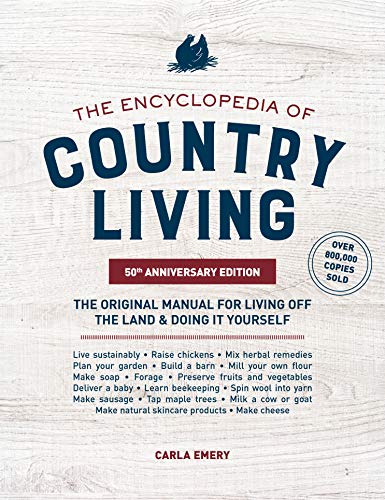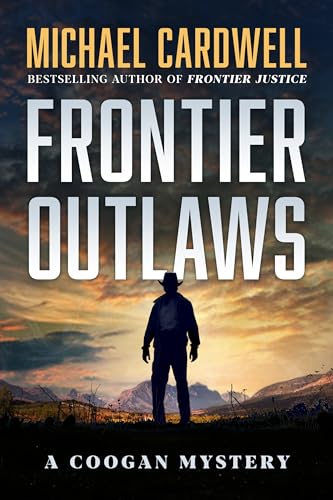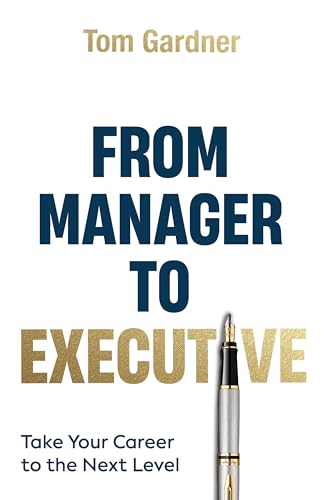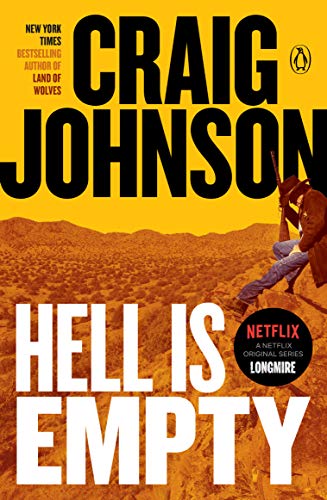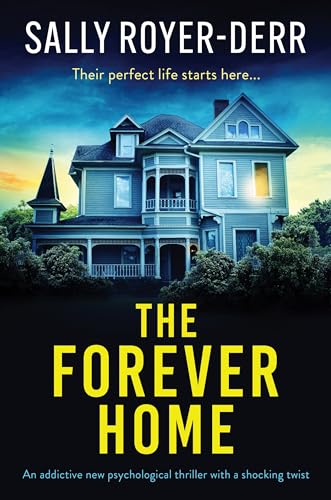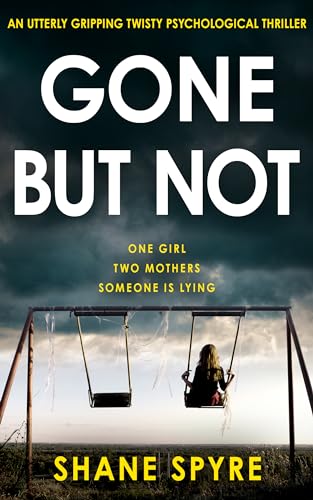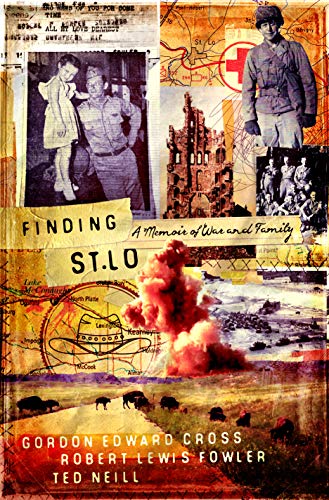Finding St. Lo: A Memoir of War and Family
by Ted Neill
5.0 stars – 4 reviews
Text-to-Speech and Lending: Enabled
Here’s the set-up:
What did it mean to be a hero in 1944? What does it mean today? On the 75th anniversary of the invasion of Normandy, these are the questions we ask ourselves as the world faces resurgent nativism, deep social divisions, and rising xenophobia. It’s no exaggeration to say that the gravity of our crises today echoes back to the crossroads of 1944. Finding St. Lo presents us with two distinct voices from the past. The authors are Gordon Cross and Robert Fowler: a medic and sergeant who served in the 134th US Infantry Regiment. In their mobilization, Cross and Fowler witnessed horrific destruction alongside compelling heroism. Their firsthand accounts are joined here by essays by Fowler’s grandson, Ted Neill. Neill explores the scars of war left by his grandfather’s post-traumatic stress and its effects across three generations of family. Through Neill’s reflections, three stories weave into one. The voices of soldiers, family members, and trauma specialists come together in prose that is readable and relatable. The photography of Gordon Cross, published here for the first time, provides an unparalleled window into the scenes of devastation and loss. But Cross also captures the stirrings of recovery and the foundations of a post-war peace that benefited billions—a peace that may endure, if we can be good stewards. Finding St. Lo examines a time in US history that was a crucible for the identity of a generation and the destiny of a nation. These stories and photos demonstrate, without question, that the values of self-sacrifice, community, courage, and compassion that steered a generation in 1944 can still serve us—and save us—today.

